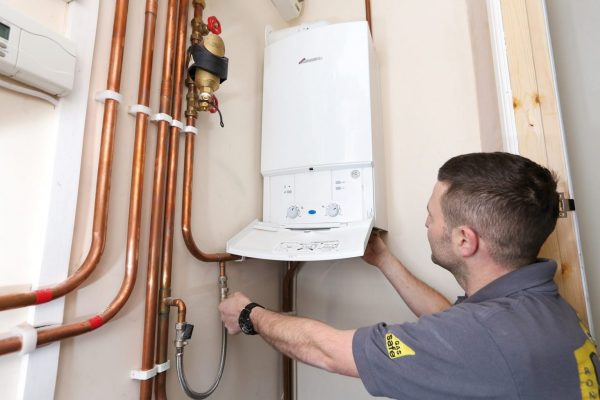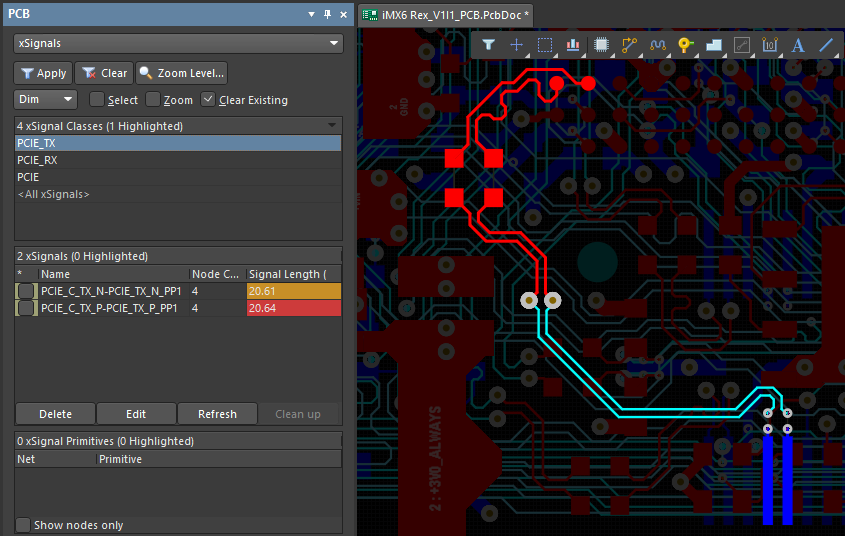Inverter Frequenzumrichter Danfoss SEW Lenze Siemens reparieren lassen has been a game-changer in the world of electrical power. From powering household appliances to industrial machinery, this technology has made significant strides in enhancing energy efficiency, reducing electricity consumption, and enabling a more reliable power supply.
At its core, an inverter is an electronic device that converts direct current (DC) to alternating current (AC). This transformation is crucial because many devices and appliances we use daily—such as air conditioners, refrigerators, washing machines, and more—require AC power to operate, whereas renewable energy sources like solar panels or batteries typically generate DC power.
The fundamental function of an inverter involves the use of power semiconductors like transistors and diodes to rapidly switch the flow of electrical current, creating an oscillating current that mimics the characteristics of AC power. By controlling this switching process, inverters can generate AC electricity of different frequencies and voltages suitable for various applications.
One of the primary advantages of inverter technology is its ability to regulate the speed and power output of motors or compressors. In appliances like refrigerators or air conditioners, traditional models operated at fixed speeds, turning on and off to maintain the desired temperature. Inverters, however, enable these devices to adjust their speed continuously, matching the exact cooling or heating requirements at any given time. This results in quieter operation, better temperature control, and significant energy savings.


